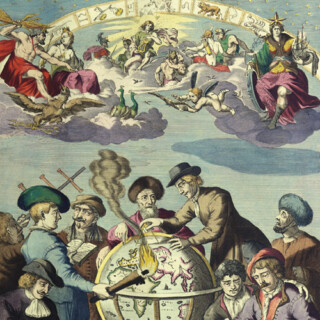Narrentarock
PIATNIK, Ferd[inand]
Vienna,
Piatnik,
[c1860].
50 of 54 engraved playing cards.
106 by 60mm (4.25 by 2.25 inches).
21528
To scale:
notes:
notes:
The Maker
Born in Hungary, Ferdinand Piatnik bought the card company of Anton Moser in 1843, transforming it into one of the most successful manufacturers in the world. Between 1843 and 1882, the firm operated under the name 'Ferdinand Piatnik vormals ['formerly'] Anton Moser', and from 1882 onwards became 'Ferdinand Piatnik & Söhne'. The company continues today as Austria's largest producer of games.
The Cards
Piatnik's caricature tarot car...
Born in Hungary, Ferdinand Piatnik bought the card company of Anton Moser in 1843, transforming it into one of the most successful manufacturers in the world. Between 1843 and 1882, the firm operated under the name 'Ferdinand Piatnik vormals ['formerly'] Anton Moser', and from 1882 onwards became 'Ferdinand Piatnik & Söhne'. The company continues today as Austria's largest producer of games.
The Cards
Piatnik's caricature tarot car...
The Maker
Born in Hungary, Ferdinand Piatnik bought the card company of Anton Moser in 1843, transforming it into one of the most successful manufacturers in the world. Between 1843 and 1882, the firm operated under the name 'Ferdinand Piatnik vormals ['formerly'] Anton Moser', and from 1882 onwards became 'Ferdinand Piatnik & Söhne'. The company continues today as Austria's largest producer of games.
The Cards
Piatnik's caricature tarot cards appear to have been directly inspired by the satirical weekly newspaper, Kikeriki, founded in 1861, which ruthlessly mocked the bureaucracy, church, military, industry, trade and government. Many of the stock characters that appear on the 21 non-court cards, including Napoleon as a hunchbacked dwarf, had previously appeared as caricatures in the magazine. There are also a number of 'fool' cards that appear also in Piatnik's 'Feinsten Wiener Tarock' deck; among these is the "Dangerous Fool" (II), depicted as an owl wearing a black priest's coat and sporting a red crab's tail, a "Funny Fool" (XIV), represented as a rooster with a whip, the symbol of the Kikeriki newspaper, and the "Drunken Fool" (XVIII), portrayed as King Victor Emmanuel II drinking from the Italian boot labelled "Vino d'Italia". The value of each of these cards is given along the upper- and lower-edges in large Roman numerals. The court cards, by contrast, are fairly typical double-figure Kings, Queens and Jacks, the Jack of Hearts bearing the publisher's imprint.
Born in Hungary, Ferdinand Piatnik bought the card company of Anton Moser in 1843, transforming it into one of the most successful manufacturers in the world. Between 1843 and 1882, the firm operated under the name 'Ferdinand Piatnik vormals ['formerly'] Anton Moser', and from 1882 onwards became 'Ferdinand Piatnik & Söhne'. The company continues today as Austria's largest producer of games.
The Cards
Piatnik's caricature tarot cards appear to have been directly inspired by the satirical weekly newspaper, Kikeriki, founded in 1861, which ruthlessly mocked the bureaucracy, church, military, industry, trade and government. Many of the stock characters that appear on the 21 non-court cards, including Napoleon as a hunchbacked dwarf, had previously appeared as caricatures in the magazine. There are also a number of 'fool' cards that appear also in Piatnik's 'Feinsten Wiener Tarock' deck; among these is the "Dangerous Fool" (II), depicted as an owl wearing a black priest's coat and sporting a red crab's tail, a "Funny Fool" (XIV), represented as a rooster with a whip, the symbol of the Kikeriki newspaper, and the "Drunken Fool" (XVIII), portrayed as King Victor Emmanuel II drinking from the Italian boot labelled "Vino d'Italia". The value of each of these cards is given along the upper- and lower-edges in large Roman numerals. The court cards, by contrast, are fairly typical double-figure Kings, Queens and Jacks, the Jack of Hearts bearing the publisher's imprint.
bibliography:
bibliography:
provenance:
provenance:







![PIATNIK, Ferd[inand] Narrentarock](https://omega.crouchrarebooks.com/wp-content/uploads/2025/03/21528_1H.jpg)
![PIATNIK, Ferd[inand] Narrentarock](https://omega.crouchrarebooks.com/wp-content/uploads/2025/03/21528_2H.jpg)
![PIATNIK, Ferd[inand] Narrentarock](https://omega.crouchrarebooks.com/wp-content/uploads/2025/03/21528_3H.jpg)
![PIATNIK, Ferd[inand] Narrentarock](https://omega.crouchrarebooks.com/wp-content/uploads/2025/03/21528_4H.jpg)
